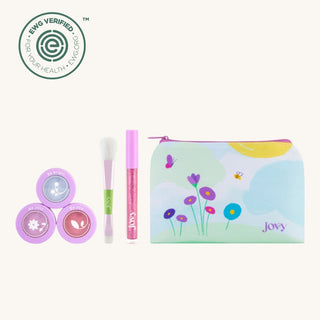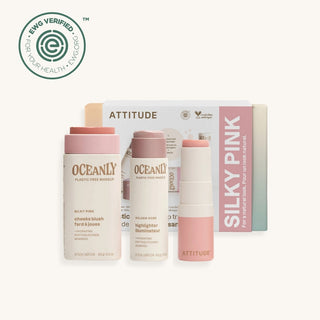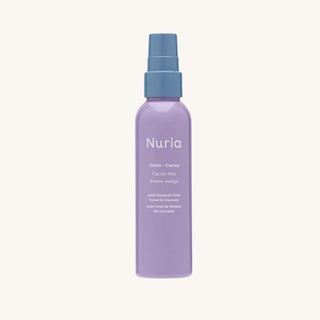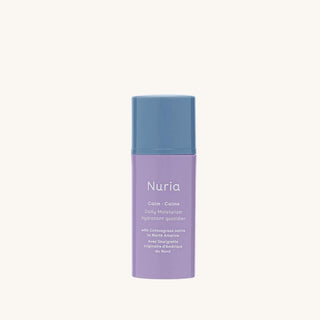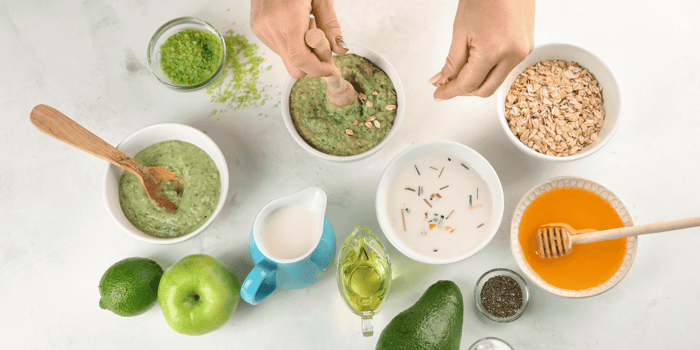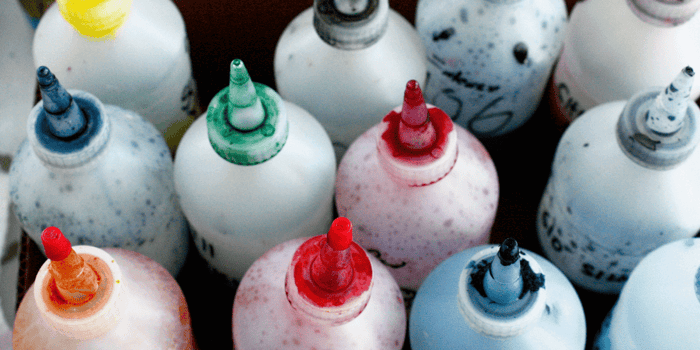When it comes to kids' skincare, many parents turn to products labeled "natural" in hopes of finding gentle and safe options. However, not all natural ingredients are created equal. Some can be irritating or potentially harmful, especially for young, delicate skin. Here are five natural ingredients you should avoid in kids' skincare and why.
1. Walnut or Apricot Shell Scrubs
While these scrubs are marketed as natural exfoliants, the rough texture of ground walnut or apricot shells can cause micro-tears in the skin, leading to irritation and long-term sensitivity. Kids' skin is especially delicate and doesn’t require harsh exfoliation. Instead, opt for gentle exfoliants like oatmeal or fruit enzymes, which provide effective results without damaging the skin.
2. Alcohol-Based Ingredients
Natural alcohols like ethanol or denatured alcohol can sometimes be found in "natural" skincare products as preservatives or to create a lightweight texture. However, these can be extremely drying and disrupt the skin’s natural barrier, leading to irritation or increased sensitivity. Look for products that use nourishing alternatives like glycerin or aloe vera to maintain hydration.
3. Nut Oils
Ingredients like almond oil or walnut extract are often included in natural skincare for their moisturizing properties. However, they can pose a risk to children with nut allergies. Even if your child doesn’t have a known allergy, it’s best to avoid these ingredients to minimize the risk of sensitization over time. Safer alternatives include jojoba oil or sunflower seed oil, which are hypoallergenic and deeply hydrating.
4. Raw Honey
While honey is a beloved natural ingredient for its antibacterial and moisturizing properties, raw honey can harbor bacteria or spores that are potentially harmful to children. Pasteurized honey is a safer alternative but should still be used with caution in skincare products for kids. Opt for products that use other gentle humectants like glycerin or aloe vera to lock in moisture.
5. Citrus Extracts
Ingredients like lemon, lime, or orange extracts are commonly added to natural skincare products for their refreshing scent or brightening properties. However, citrus extracts can make the skin more photosensitive and prone to irritation, especially under sun exposure. For a safer alternative, choose products with mild, non-irritating plant-based ingredients like chamomile or calendula.
How to Read Labels Like a Pro
-
Check for Irritants: Just because an ingredient is natural doesn’t mean it’s suitable for kids. Always research unfamiliar ingredients.
-
Less is More: Skincare for kids should have simple, straightforward formulations.
-
Look for Hypoallergenic Products: These are specifically designed to minimize the risk of irritation and allergies.
Why We Choose Carefully
At Popsicle Beauty Club, we prioritize ingredients that are safe, gentle, and effective for young, sensitive skin. While some of these ingredients may appear in products from our brand partners, their formulations are crafted to meet the highest standards in clean beauty. Every product undergoes rigorous testing to ensure it provides gentle, effective results while protecting your child’s delicate skin. You can trust that our offerings are made with your little one’s well-being in mind.
A Final Note on Choosing Skincare for Kids
Navigating kids' skincare can feel overwhelming, but focusing on safe, non-toxic ingredients can make all the difference. At Popsicle Beauty Club, we’re committed to providing clean, gentle products that meet the highest standards in clean beauty. By avoiding potentially harmful natural ingredients and choosing products designed with kids in mind, you can ensure their delicate skin stays healthy, happy, and hydrated. Always patch test new products and consult with a dermatologist if you’re unsure about a particular ingredient.
By staying informed and making conscious choices, you can ensure your child’s skin stays healthy and happy. Have questions or tips? Tag us on social media with your thoughts or favorite kid-safe skincare swaps—we’d love to hear from you!
For a deeper dive into safe skincare for kids, visit Safe & Non-Toxic Skincare for Kids to discover the best clean beauty products, DIY recipes, and tips for keeping your child’s skin healthy and toxin-free.

